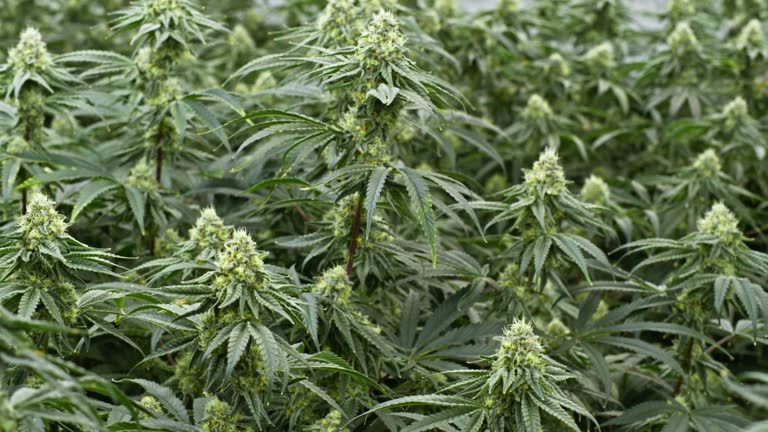Money Seized from Corrupt Kazakh Officials to Fund Water Pipelines
In Kazakhstan's Akmola region, water supply systems will be built in the towns of Kosshy and Makinsk using funds seized from corrupt officials. The government of Kazakhstan reported that more than 1 billion KZT (approximately $2 million) from the Special State Fund has been allocated for this purpose. Water Supply for Kosshy and Makinsk A total of 476.7 million KZT (about $925,000) has been allocated to complete the construction of a water supply network in Kosshy. The project envisions full centralization of the town’s water supply. Currently, approximately 50 kilometers of pipeline have already been laid, with the total network planned to span 64.1 kilometers. The facility is expected to be operational by the end of this year. The town’s existing infrastructure is designed for 30,000 residents, while the official population has already surpassed 50,000. According to Kosshy’s General Development Plan, the number of residents could reach 150,000 by 2038. In Makinsk, the reconstruction of water supply networks is ongoing. The project includes laying 72.7 kilometers of new pipes. To date, 45 kilometers have been completed using previously allocated funds. A new allocation of 606.4 million KZT (around $1.2 million) will enable the full completion of the project, ensuring centralized water supply for the town’s more than 18,000 residents. Returned Assets Benefit Society Recovering illegally withdrawn assets has become a key priority of Kazakhstan’s Anti-Corruption Service. This work, based on the principle of “follow the money,” is a major component of the national anti-corruption strategy. Since 2022, over 1.12 trillion KZT ($2.1 billion) has been recovered for the state and quasi-state sector entities. Asset recovery efforts are conducted both domestically and internationally, using cooperation channels such as GlobE, CARIN, and ARIN. Schools, Medical Centers, and Water Pipelines: How Returned Funds Are Used The Special State Fund has already financed approximately 280 projects in education, healthcare, social protection, sports, and the modernization of engineering and water networks. Earlier this year, it was reported that 1.4 billion KZT (around $2.7 million) would be used to build water facilities in 11 villages in the Aktobe region. Additionally, in April, 2.5 billion KZT (approximately $4.8 million) was allocated for the reconstruction of the main water pipeline in Turkestan region. These efforts are expected to significantly improve water supply for residents of several rural settlements. The Ministry of Education also announced that 28 new schools will be built using funds recovered from corrupt officials, providing education to 22,000 children. The initiative to use recovered assets for the development of social infrastructure highlights the tangible benefits of anti-corruption efforts, with the projects in Kosshy and Makinsk standing as prime examples of how returned funds can directly improve the lives of citizens.






